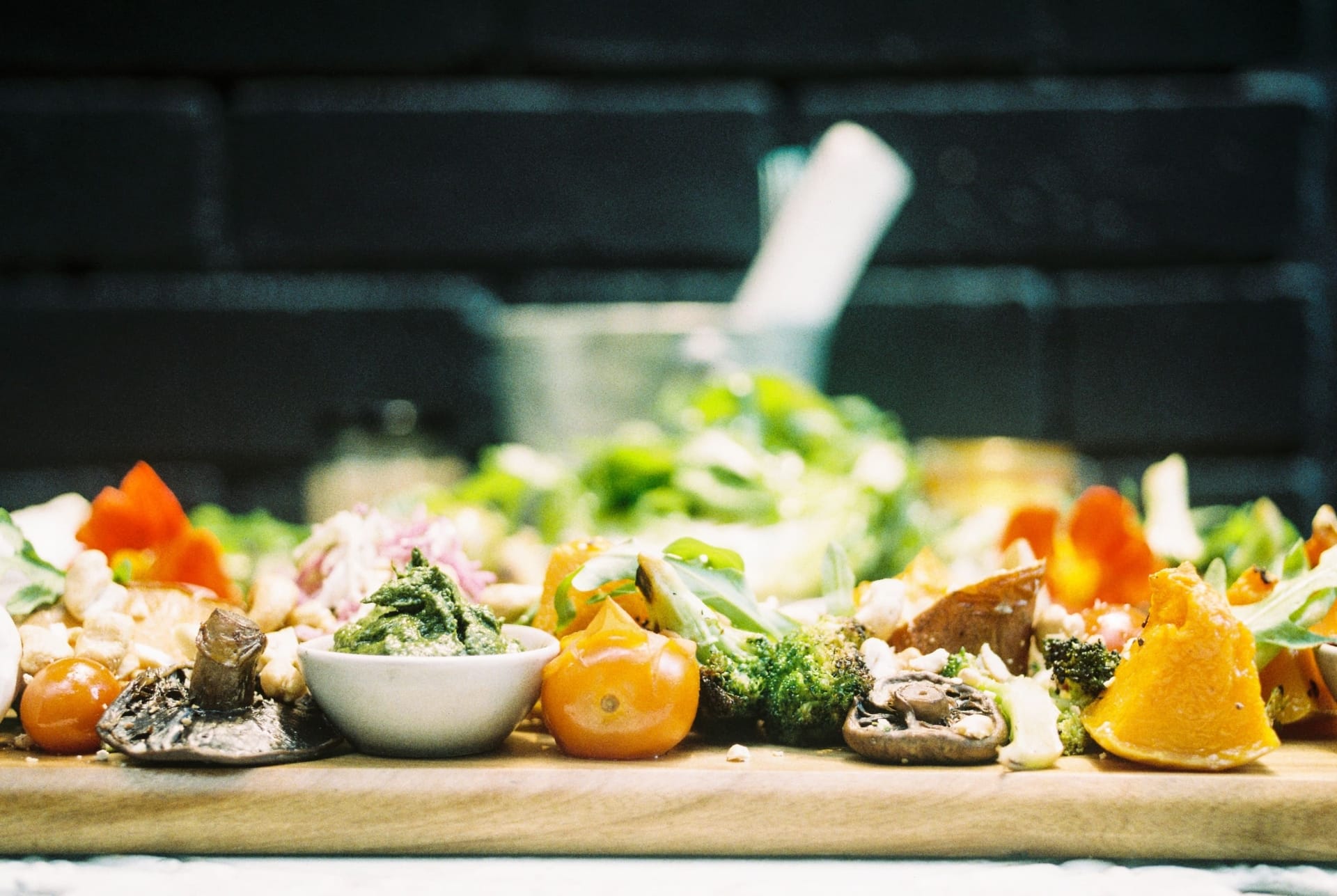Zero Food Waste Society
If global food waste were a state, it would be the third largest emitter of greenhouse gases after China and the United States. The many startups that use food waste and surpluses as the basis for their business models are increasingly bringing the issue to the forefront of society and thus increasing the pressure on producers and retailers to combat food waste in a targeted manner. Whereas today’s startups focus primarily on the B2C market with their solutions and consequently offer services and products for end consumers, in the future attention will also move to the beginning of the value chain. AI-powered business models make food surpluses visible in production and offer them for redistribution or processing on digital marketplaces – such as through Berlin-based startup SPRK, which recently closed a seven-figure funding round.

Simbe Robotics, a specialist in food robots, recently patented a system for detecting the freshness of produce; robots travel supermarket aisles and can use spectral imaging technology to detect whether food is spoiled or damaged. INNOSCENTA is developing smart packaging that checks the microclimate of the food inside it and uses a traffic light system to provide information about its suitability for consumption. And wholesaler Metro is experimenting with AI-driven software and digital price tags, which will soon make expiring groceries more affordable.
Best Practices: SPRK , INNOSCENTIA
Photo: Unsplash, TheSpoon.tech
